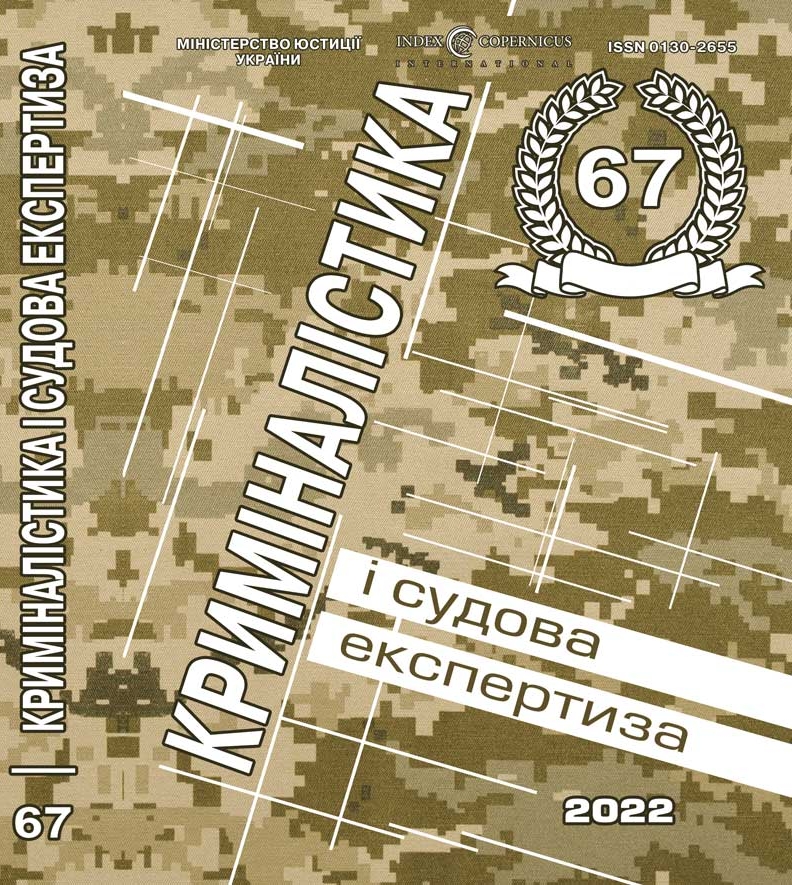
DOI: https://doi.org/10.33994/kndise.2022.67.24
S. Smokov, I. Fedorov
The article analyzes the purpose and grounds for the application of a measure of restraint such as detention in the context of decisions of the European Court of Human Rights, and provides requirements for the prosecution’s motions justifying the choice and extension of this measure. The authors consider when the investigating judge should refuse to choose a measure of restraint.
The Criminal Procedure Code imposes a similar obligation on the prosecution, stating that the latter must prove to the court, in addition to the validity of the accusation and the risks of non-procedural conduct, also the impossibility of applying a milder measure of restraint.
When considering a request for precautionary measures, the investigating judge and the court are obliged to establish whether the evidence provided by the parties to the criminal proceedings proves the circumstances that indicate: the existence of reasonable suspicion of committing a suspect, accused criminal offense; there are sufficient grounds to believe that there are at least one of the risks provided for in Article 177 of the CPC of Ukraine, and which are indicated by the investigator, prosecutor; insufficient application of milder precautionary measures to prevent the risk or risks specified in the application. The investigating judge, the court is obliged to decide to refuse to apply a measure of restraint, if during the consideration of the petition the prosecutor does not prove the existence of all the above circumstances.
In addition, the authors consider the issue of the incomplete trial, during which the circumstances remain unclear, the clarification of which may be essential for a lawful, reasonable, and fair court decision, in particular, if: the circumstances are not properly clarified, characterizing the object and objective side of the crime: the content of the act, the presence of a causal link between the act and the consequences, etc.; comprehensively and completely unexplored circumstances on the basis of which the subjective side of the crime is established: guilt, its forms, motives for the crime, etc.
Key words: European Court of Human Rights; detention; prosecutor; investigator; the investigating judge; court.










